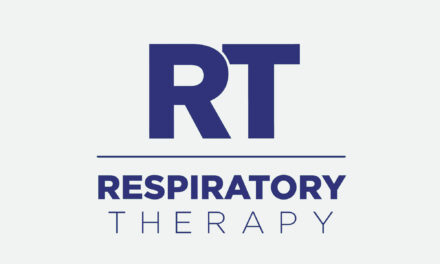Smoking causes a temporary rise in blood pressure, but does that impact hypertension risk over the course of a lifetime?
It’s unclear whether cigarette smoking also leads to an increased risk of hypertension. That’s when your blood pressure is consistently high. However, repeated temporary spikes in your blood pressure may still cause damage.
Smoking triggers your SNS and causes this same rise in heart rate and blood pressure. Over time, this can damage the walls of your arteries and put you at higher risk of many serious heart conditions.
Smoking can also increase the risk of the buildup of fatty substances known as plaque inside your arteries. This condition is called atherosclerosis. It can lead to heart attack and stroke if left untreated. Hypertension can increase the rate of plaque buildup inside your arteries. Read more here.
Phone Smoking Cessation Counseling Leads to Better Quit Rates
Offering intensive, weekly telephone-based cessation counseling along with nicotine replacement for people who smoke and who were undergoing screening for lung cancer resulted in over a two-fold greater cigarette quit rate compared to people who received minimal counseling and nicotine replacement, according to results of a national, randomized trial conducted by investigators at Georgetown Lombardi Comprehensive Cancer Center and colleagues.
The findings appeared July 12, 2022, in JNCI and will be presented at the 2022 World Conference on Lung Cancer in Vienna, Austria, in August 2022.
People with a long-term smoking history are at high risk for lung cancer. Screening with computed tomography (CT) scans can potentially detect lung nodules early so that the disease can be treated in its less advanced stages. When undergoing CT screening, people are routinely offered cessation support, including counseling and nicotine replacement, to help them quit.
“Quitting smoking is very difficult and people who seek medication and support are more successful than those who try to quit on their own,” says Kathryn L. Taylor, Ph.D., professor in the Department of Oncology and a member of the Georgetown Lombardi Comprehensive Cancer Center’s Cancer Prevention and Control Program, and corresponding author of the study. “Importantly, making a quit attempt while undergoing lung screening may provide a boost to one’s motivation to stop smoking.” Read more here.
Varenicline Increases Smoking Cessation Rates Among Black Adults
Varenicline in addition to counseling was associated with improved rates of 7-day smoking abstinence among Black daily smokers. These findings, from a randomized, double-blind, placebo-controlled clinical trial, published in JAMA.
Black adults (N=500) who were daily cigarette smokers were recruited between 2015 and 2017 at the University of Kansas Medical Center. Participants were randomized in a 3:2 ratio to receive 12 weeks of 1 mg twice daily varenicline (n=300) or placebo (n=200) with 6 sessions of counseling and a culturally tailored educational guide. Varenicline was titrated up from 0.5 mg once daily over 7 days. Cigarette use was evaluated by saliva sample among individuals reporting abstinence and by urine sample among individuals reporting nicotine replacement use.
The varenicline and placebo cohorts comprised 52.0% and 53.0% women, aged mean 51.6 (SD, 11.9) and 52.4 (SD, 11.0) years, they smoked 12.9 (SD, 6.9) and 12.2 (SD, 6.2) cigarettes per day, 16.0% and 17.5% used other types of tobacco, 87.7% and 83.0% smoked menthol cigarettes, and 79.0% and 83.5% had attempted to quit in the past year, respectively. Read more here.









